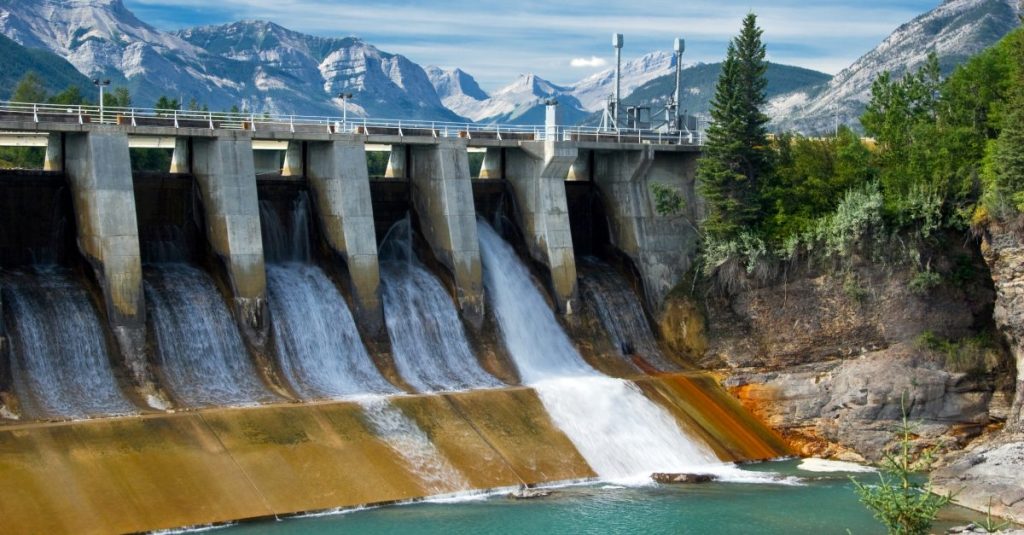The recently released Bali Statement on Powering Sustainable Growth, unveiled at the World Hydropower Congress 2023 in Bali, Indonesia, underscores the pivotal role of sustainable hydropower as the cornerstone of national strategies aimed at fostering robust, low carbon economies driven by clean and renewable energy sources.
Hydropower, renowned as the world’s largest source of renewable energy generation and storage, has historically propelled industrial development in some of the world’s most advanced economies while simultaneously enhancing water resource management. Notably, the majority of untapped hydropower potential is concentrated in developing regions, further emphasizing the urgency for transformative changes and increased investments in these areas.
The Bali Statement conveys a resounding message: “The industrial revolution was powered by water. Water, wind, and sun together will power the sustainable growth of the future.” Following an open public consultation, the statement outlines four key recommendations for policymakers to facilitate this imperative collaboration:
- Planning for future energy needs: With the increasing integration of variable renewables like wind and solar power, decision-makers are urged to collaborate across borders to determine the most effective mix of low carbon renewable energy technologies, crucial for sustainable development.
- Incentivizing sustainable hydropower development: To align with the Paris Agreement objectives and the UN Sustainable Development Goals, the International Energy Agency (IEA) estimates that investment in hydropower must double to $100 billion annually, while maintaining and improving the existing asset fleet. Achieving this entails establishing a level playing field for hydropower alongside other renewables. Policymakers are encouraged to implement market frameworks that incentivize and reduce the risks associated with new hydropower investments and upgrades, including compensation for non-energy services provided by hydropower projects.
- Accelerating renewables development: Current hydropower planning and approval processes often exceed five years, delaying the commencement of new projects and substantial modernization efforts and leading to a fallback on fossil fuels. Policymakers are urged to expedite the permitting and licensing procedures by enhancing their efficiency without compromising sustainability.
- Incorporating hydropower sustainability practices into government regulation and financial sector obligations: Promoting development should not come at the expense of environmental safeguards. Best sustainability practices, shaped through multi-stakeholder consensus such as the Hydropower Sustainability Standard, should be integrated into regulatory frameworks or recommended as preferred tools to maximize project benefits and mitigate adverse impacts.
The Bali Statement on Powering Sustainable Growth builds upon the global hydropower community’s renewed commitment to sustainable project development, as exemplified by the San José Declaration on Sustainable Hydropower and the adoption of the Hydropower Sustainability Standard.
Malcolm Turnbull, President of the International Hydropower Association (IHA), emphasized the statement’s significance, stating, “The energy transition will not be possible without sustainable hydropower as the backbone of future energy systems.” He highlighted that achieving net-zero emissions need not impede economic growth, reinforcing the notion that the transition to sustainable energy is attainable with hydropower as a fundamental element.

